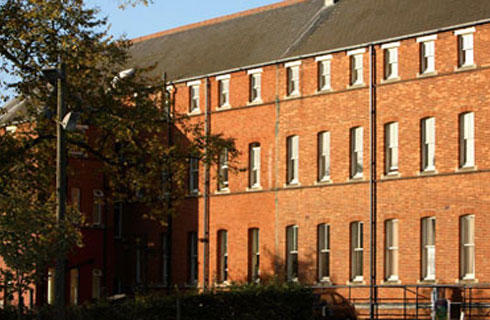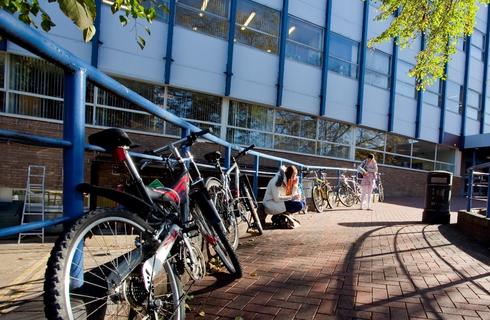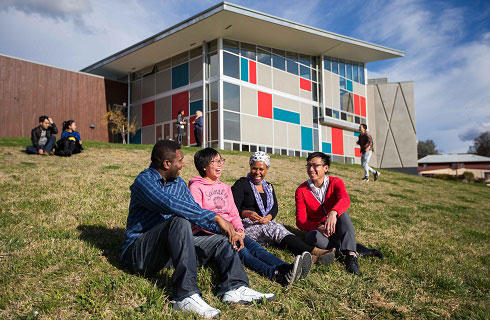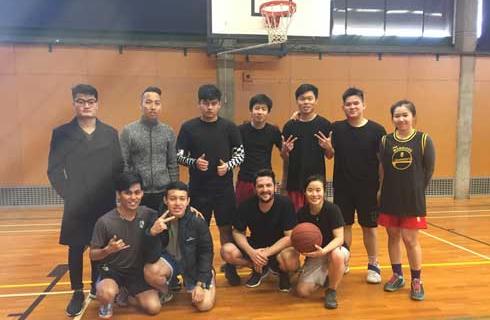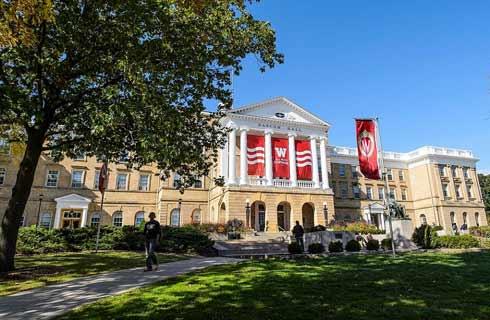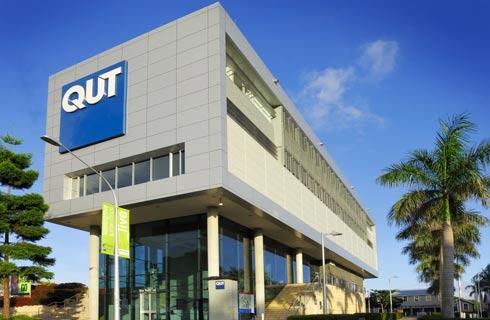Bachelor of Music and Bachelor of Science [Conjoint] - Statistics - Statistics and Probability Pathway
课程简介
The diversity of major options available in both Music and Science is a strength of the BMus/BSc conjoint. You'll be able to pursue both of your areas of interest and structure a degree that's unique to you. Pushing scientific boundaries requires creative and independent thinking – both of which are fostered by your musical studies – while the discipline and practice of music complements the acute focus necessary for successful scientific research. Understanding data is important for success in the workplace, knowing how to process and display data in ways accessible to a varied audience will be key to taking advantage of the emerging career opportunities in today's data-driven work landscape. The BMus/BSc conjoint offers, for example, the rigour and repetition required for experimentation in the chemical or physical sciences and the analysis of environment that's a feature in Psychology and Musicology. This kind of duality presents the ideal context for you to become a disrupter by encouraging ideation, agile thinking and collaboration – qualities sought after by employers.<br><br>Statistics is the collection, analysis, presentation and organisation of data, allowing us to make predictions for the future based on previously gathered data. We live in an information age. Computers allow us to collect and store information in quantities that previously would not even have been dreamt of. However, raw, undigested data stored on computers is useless until people can start to make sense of it. Statistics is the human side of the computer revolution, an information science, the art and science of extracting meaning from seemingly incomprehensible data. Statistics applies to almost any field, this is why some training in statistics can help make you more effective and more employable, regardless of the career direction you choose. Investigation: asking questions, designing ways to collect data to answer those questions, collecting data, making sense of what the data say to produce sensible answers – this is the subject matter of statistics and a set of general life skills. The Department of Statistics is the birthplace of the R Project. Founded in 1996 by Associate Professors Robert Gentleman and Ross Ihaka, R is a free programming language and environment for statistical computing and graphics. It is taught around the world and is used by Ivy League universities, Google, Uber, and many more. Learn more about the R Project.
展开















